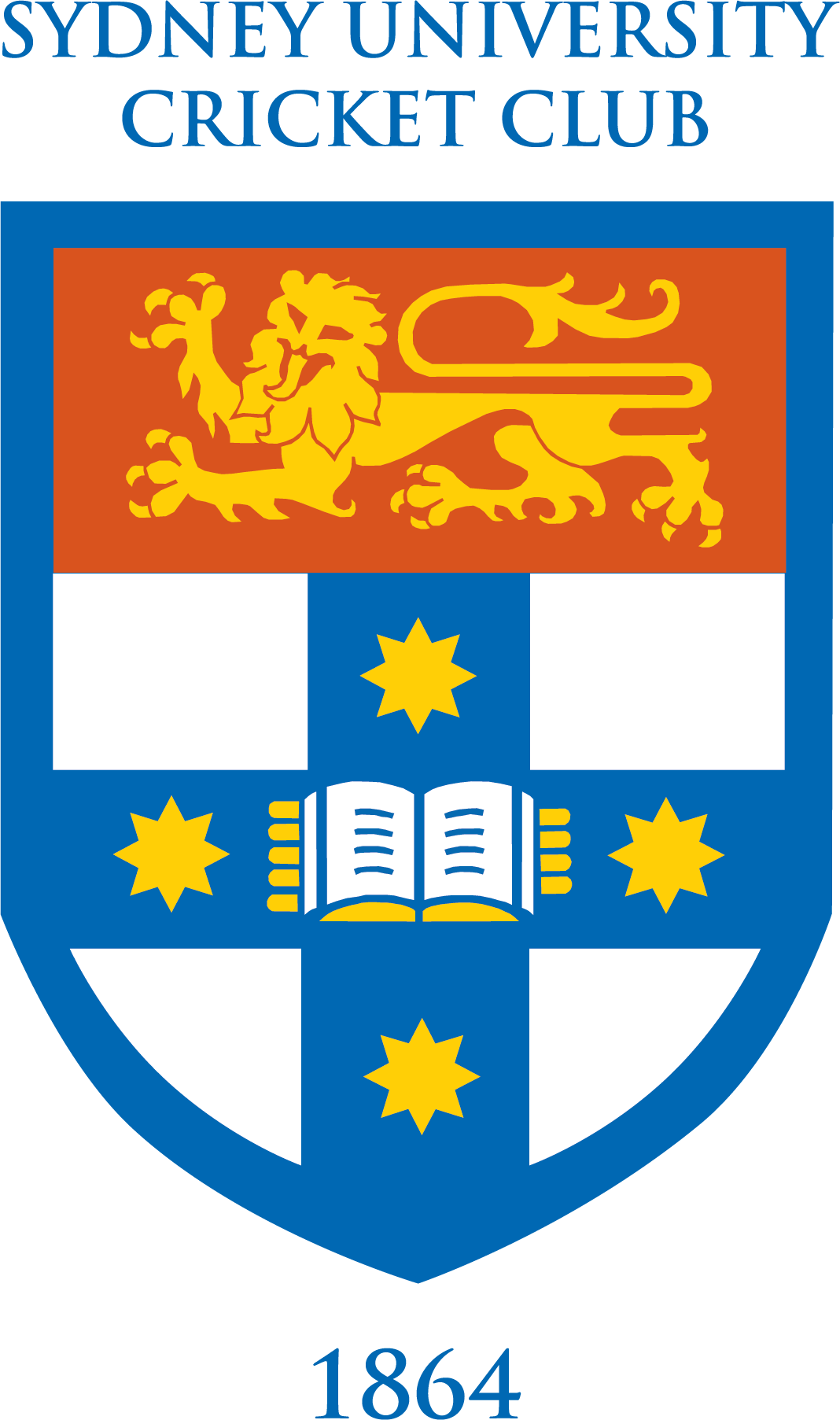Cricketer, Engineer, Soldier.
In October 1898, a young Engineering student, resident at St Paul’s College, scored an elegant 107 against Manly in the first round of the season. Will Gregson was actually playing for the Club’s 1st team but the Club was restricted to the 2nd Grade Competition. Acrimonious years and a continuing enmity drove rifts between the Club and the NSWCA and some of the other clubs.
In 1898-99, University returned to the Grade competition from which it had withdrawn in 1896, and after the NSWCA withdrew its invitation to the Club to play in the 1st Grade competition. The reappearance was on humbling terms and in circumstances that compelled its experienced players to seek out other clubs.
Gregson had first played for SUCC in 1895-96 (1st Grade cap number 46) and earned his Blue in 1896. Aged 21 in 1898, he was still eligible as an undergraduate and was one of the older University players. He continued until 1900-01 when his season’s aggregate of 694 runs remained the Club’s highest in the 2nd Grade competition for 106 years. Included in it was one monumental innings of 207 as Gregson revelled in and contributed to University’s Premiership that season. He was a dominant, patient, focussed, technically sound batsman whose 1102 runs at 42.4 for University are still figures rarely surpassed.
He was born in Waratah, NSW on 16 April 1877, son of Jesse (1837-1919) and Catherine (1842-1899). Catherine was a widow, previously married to Alexander McLean, Surveyor General for NSW.
Will was Head Prefect at All Saints’ Bathurst where he was first a student in 1888. He matriculated to Sydney University with splendid academic results and was awarded his Bachelor of Arts in 1898 and Bachelor of Engineering in 1901, graduating as a licensed surveyor.
His profession took him to Broken Hill with BHP, then to USA and Canada. He returned to Australia in 1910 and married a widow, Grace Busby, on 5 February 1912. While he was employed at Manning and Griffiths, surveyors, in Bligh St in the city, the family lived in Spofforth St, Mosman, named for the great Australian fast bowler of the early days of Test cricket. There, their daughter, Catherine Grace, was born in 1914.
By July 1915, Will, spurred on by patriotic fervour, enlisted, aged 38, in 7th Company Engineers and he left Sydney in November.
By mid-1916, the Australian troops were engaged in the dreadful battles around the Somme and Will was wounded at Pozieres in August. Returning to the Front, Sergeant William Gregson was engaged in the battle of Gueudecourt on 14 November. He had just run out with tape to mark out the ground for a communication trench in No Man’s Land when he was hit just above the knee by a bullet. He was carried to a shell hole because of the shortage of stretchers. In the hole, he was hit again and killed. In the confusion and tumult of battle he was first reported as ‘wounded, missing’. In July the next year, Driver Fernee wrote an eye witness account for the Red Cross:
“I saw Sergeant Gregson go into the line at Fleurs…he was wounded. Shells were falling near him and when a party went out later to look for him, they could not find him.”
When his body was recovered, he was buried in Warlencourt British Cemetery.
He was killed on the same day, 14 November, as the renowned satirist H H Munro(‘Saki’), a Sergeant in the Royal Fusiliers, who was also attempting to shelter in a shell-crater near Beaumont-Hamel.
Will’s nephew, Jack Busby, also enlisted, aged 19 in 1916 and Will’s younger brother, Edward Jesse (1882-1955) enlisted in Canada and served, eventually with the rank of Lieutenant, from 1915 until the end of the War. Edward was also a SUCC 1st Grader and when he studied at Cornell University in USA from 1906, he opened the batting for the University’s cricket team.
Will Gregson was the oldest SUCC cricketer killed in the Great War and the only one who was married.
The Gregson family lived for many years at Mount Wilson, famed for its exotic gardens, in the Blue Mountains where Gregson Park now stands in tribute.
A type of eucalyptus tree (the ‘gregsoniana’) was named after Will’s father, Jesse, and his brother, Edward.

